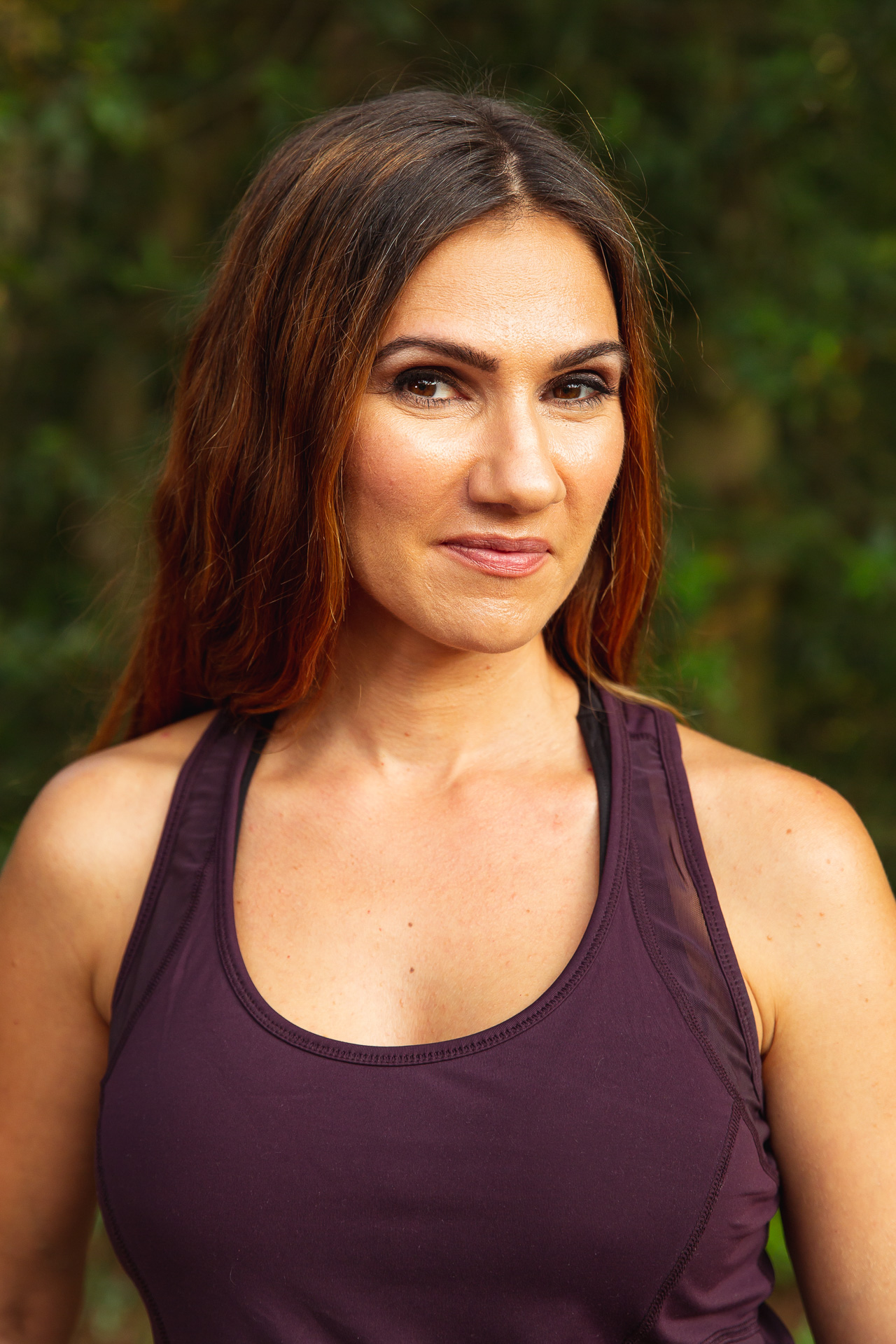Top Considerations for Choosing a Massage Course
- monicapaslaru

- May 5
- 4 min read
Choosing the right massage course is crucial if you want to build a career in this rewarding field. With so many options available, it can be overwhelming. To ensure you select the best course for your needs, there are several key factors to consider.
Understanding Your Goals with Massage Courses
Before diving into specific courses, it is vital to understand your personal and professional goals. Are you looking to make a career out of massage therapy, or are you just seeking knowledge for personal use? Do you want to specialize in a particular technique, such as sports massage, deep tissue, or holistic therapies? Knowing your objectives will help narrow down your choices.
For those aiming for a career, consider what type of employment you envision. Some courses focus on clinical massage, while others might emphasise holistic and spa environments. Understanding where you wish to work will guide your decision in selecting the right course.

Accreditation and Recognition of Massage Courses
When evaluating massage courses, make sure to review their accreditation and recognition. Accredited programs typically adhere to industry standards and equip students with essential skills needed in a professional setting.
In the UK, recognized organisations such as the ITEC / VTCT, ABT, FHT and ThinkTree Hub set the standards for practices. An accredited course can profoundly impact your career, as many employers look for accredited training in massage therapy.
Additionally, if you plan to work internationally, consider courses that are recognised in multiple countries. This can provide more flexibility in your future career options.

How do I get massage insurance in the UK?
In the UK, obtaining massage insurance is a critical step in becoming a legitimate practitioner. First, ensure you complete an accredited massage training course that meets the standards set by the ITEC or another relevant organisation. After finishing your coursework, you will need to pass practical and theoretical assessments to demonstrate your knowledge and skills.
Next, check with your local council or governing body to determine the specific licensing requirements in your area. This may include obtaining insurance coverage, undergoing a background check, or completing additional certifications such as First Aid. It’s essential to adhere to all local regulations to ensure a smooth path to practicing professionally.

Course Content and Curriculum
The content of the massage course is another crucial consideration. Take the time to review the curriculum and ensure it aligns with your objectives. A well-structured course should cover a variety of topics, including anatomy, physiology, ethics, and hands-on techniques.
Look for courses that offer practical experience, as real-world practice is vital for developing your skills. Some schools provide opportunities for students to work in live clinical settings such as at sporting events, which helps build confidence and expertise.
Additionally, consider the course duration and format, as some might offer fast track or part-time or to accommodate working students. Flexibility can be a significant factor if you have other commitments.
The Reputation of the Training Provider
The provider’s reputation can significantly impact your education experience and future employability. Look for reviews, testimonials, and success stories from former students. Connecting with students can also offer insights into how the course prepared them for their careers.
Many reputable training providers have partnerships with employers and mobile platforms, which can ease the job search process after certifying. Networking opportunities such as the UK National Massage Championship can also help you establish connections in the industry.
When researching schools, pay attention to their facilities and resources as well. Training centers that invest in high-quality equipment and teaching materials demonstrate their commitment to providing a thorough education.
Costs and Financial Considerations for Massage Courses
The financial aspect is often a decisive factor when selecting a massage course. Courses can vary significantly depending on the length, provider, and location. It’s essential to find a course that fits your budget while still providing proper training.
Research any funding options, or payment plans that may be offered by the training provider. Be aware of additional fees related to materials or exam costs, so you can plan accordingly.
Also, consider the return on investment. Completing an accredited course can ultimately lead you to higher earning opportunities in your massage career. Balancing cost with potential future earnings will help you make an informed decision.

Support and Resources Available
Finally, consider the level of support and resources available to you during your studies. A good training provider should offer access to mentors and resources that can assist with your learning and career development.
Final Thoughts on Choosing a Massage Course
Choosing the right massage course is an essential step toward your future career. By understanding your goals, evaluating the accreditation of courses, and considering practicalities like cost and location, you can find the best course that aligns with your aspirations.
Remember to do thorough research, use the insights provided, and seek out courses that offer the right balance of solid theoretical knowledge and hands-on practice. The journey into massage therapy can be deeply rewarding, both personally and professionally, but the right course choice will help set you on the path to success.





Comments